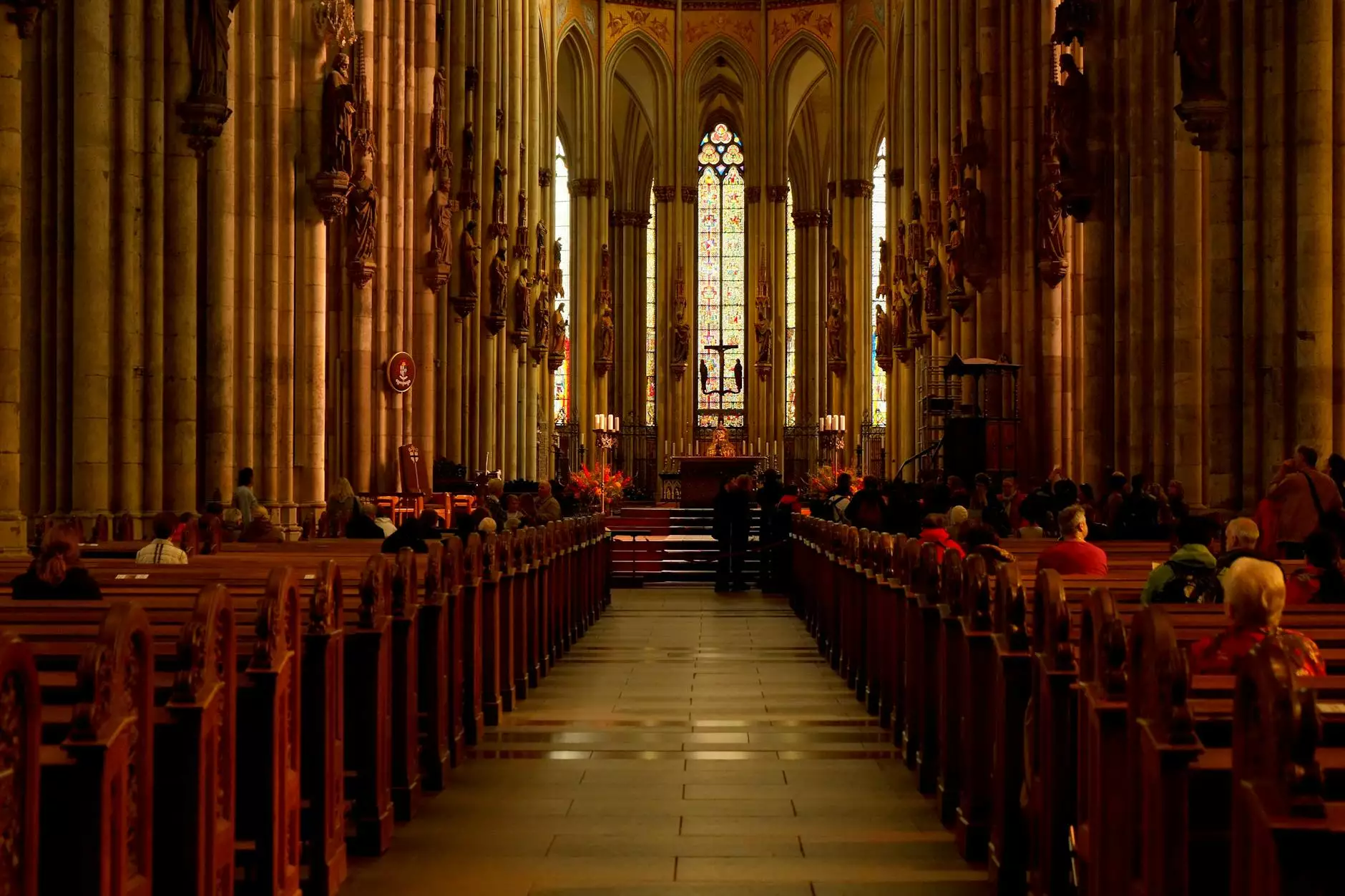The Impact and Significance of Black Church Services

The black church service is more than just a gathering; it is a dynamic celebration of faith, community, and resilience deeply rooted in history. Across the United States, black churches have served as sanctuaries for spiritual growth, cultural preservation, and social justice activism. In this article, we explore the rich tradition of black church services, their importance within the community, and how they continue to thrive in today’s world.
Historical Context of Black Church Services
To fully appreciate the significance of black church services, we must first delve into their historical context. The origins of the black church can be traced back to the institution of slavery, where enslaved Africans were often denied the right to worship freely. However, out of oppression arose a profound spirituality that gave birth to the black church.
From Oppression to Freedom
During the era of slavery, many enslaved people adopted Christianity, adapting its teachings to their own experiences. The black church served as a place of refuge where they could express their faith, share their struggles, and find hope. The significance of these gatherings became even more pronounced as they evolved into places where congregants could discuss issues of social justice and liberation.
The Birth of Black Denominations
In the late 18th and early 19th centuries, the establishment of black denominations such as the African Methodist Episcopal Church (AME) provided African Americans with a sense of identity and leadership in their spiritual lives. These churches became critical in the fight for civil rights, advocating for social change and empowerment.
The Structure of a Black Church Service
Black church services are unique in their format and style, often characterized by a vibrant and welcoming atmosphere. The service structure typically includes several key elements that enhance participation and engagement.
Worship and Music
At the heart of every black church service is powerful worship through music. Gospel music, with its deep emotional resonance, invites congregants to engage passionately in praise. Whether it’s the soul-stirring hymns or contemporary gospel tunes, music plays a vital role in setting the spiritual tone of the service.
Preaching and Teaching
The preaching segment of a black church service is often electrifying. Pastors deliver messages that are not only grounded in scripture but also relevant to the daily lives of congregants. The sermons often blend soulful storytelling with practical applications, encouraging individuals to reflect on their faith and life choices.
Community Engagement
Beyond spiritual teachings, black church services emphasize community engagement. Many churches host activities that promote fellowship, mentorship, and outreach, enabling members to support each other while extending kindness to the wider community. This commitment strengthens the bonds of the congregation and increases their impact on societal issues.
The Role of Black Church Services in Community Building
Black church services are not just spiritual gatherings; they are essential in community building. Here are several ways these services contribute to the community:
Social Support Networks
Churches often act as support networks for individuals and families. Whether it’s through financial assistance for those in need, educational programs, or mental health support, black churches strive to uplift their communities. The sense of belonging fosters a stronger moral fabric and encourages personal growth among members.
Activism and Advocacy
Historically, black churches have played pivotal roles in social justice movements. They have been at the forefront of efforts to combat inequality and injustice, making them essential venues for activism and advocacy. Services often include discussions about current events, empowering congregants to take action and effect positive change.
Cultural Preservation
The black church is a cultural hub, preserving African American traditions, values, and history. Through storytelling, music, and worship practices, these churches ensure that the rich heritage of the African American experience is passed down to future generations. This cultural education fosters a sense of pride and identity.
Spiritual Growth and Development
Engagement in black church services promotes spiritual growth. The nurturing environment encourages congregants to explore their faith deeper, participate in study groups, and engage in meaningful discussions about their spiritual journeys.
Empowerment through Faith
Faith is a powerful tool for empowerment. Black church services emphasize the importance of believing in oneself and overcoming life's challenges through faith. Through heartfelt preaching and supportive fellowship, congregants learn that they can achieve their dreams and overcome obstacles with divine assistance.
Opportunities for Leadership
Many black churches provide opportunities for members to take on leadership roles within the congregation. This not only fosters personal growth but also prepares individuals for leadership positions in broader community contexts. Training programs, leadership workshops, and mentorship initiatives contribute to raising a new generation of leaders.
Modernization of Black Church Services
As society evolves, so do black church services. Many congregations are adapting to the needs of younger members, incorporating technology and modern practices into their worship. This evolution is not about losing traditions but rather enhancing the experience for new generations.
The Use of Technology
In today’s digital age, many black churches leverage technology for live streaming services, creating podcasts, and engaging with congregants on social media. This expansion allows for greater reach, ensuring that those unable to attend in person can still participate and feel connected to their community.
Embracing Diversity
Modern black churches are increasingly embracing diversity, welcoming individuals from various backgrounds and cultures. This inclusivity strengthens the congregation and enriches the spiritual experience, affirming that faith transcends racial and cultural boundaries.
Conclusion
The importance of black church services transcends mere gathering; they are a lifeline for communities, a foundation for spiritual development, and a catalyst for social change. The vibrant and rich traditions of these services continue to thrive, reflecting the resilience and faith of those who participate. Whether you are searching for a place to grow spiritually, seeking community support, or looking for ways to engage in social justice, black church services offer a welcoming haven for all.
Join us at Bridge Church NYC to experience the power of black church services firsthand. Together, we can build a stronger community rooted in love, faith, and action.









